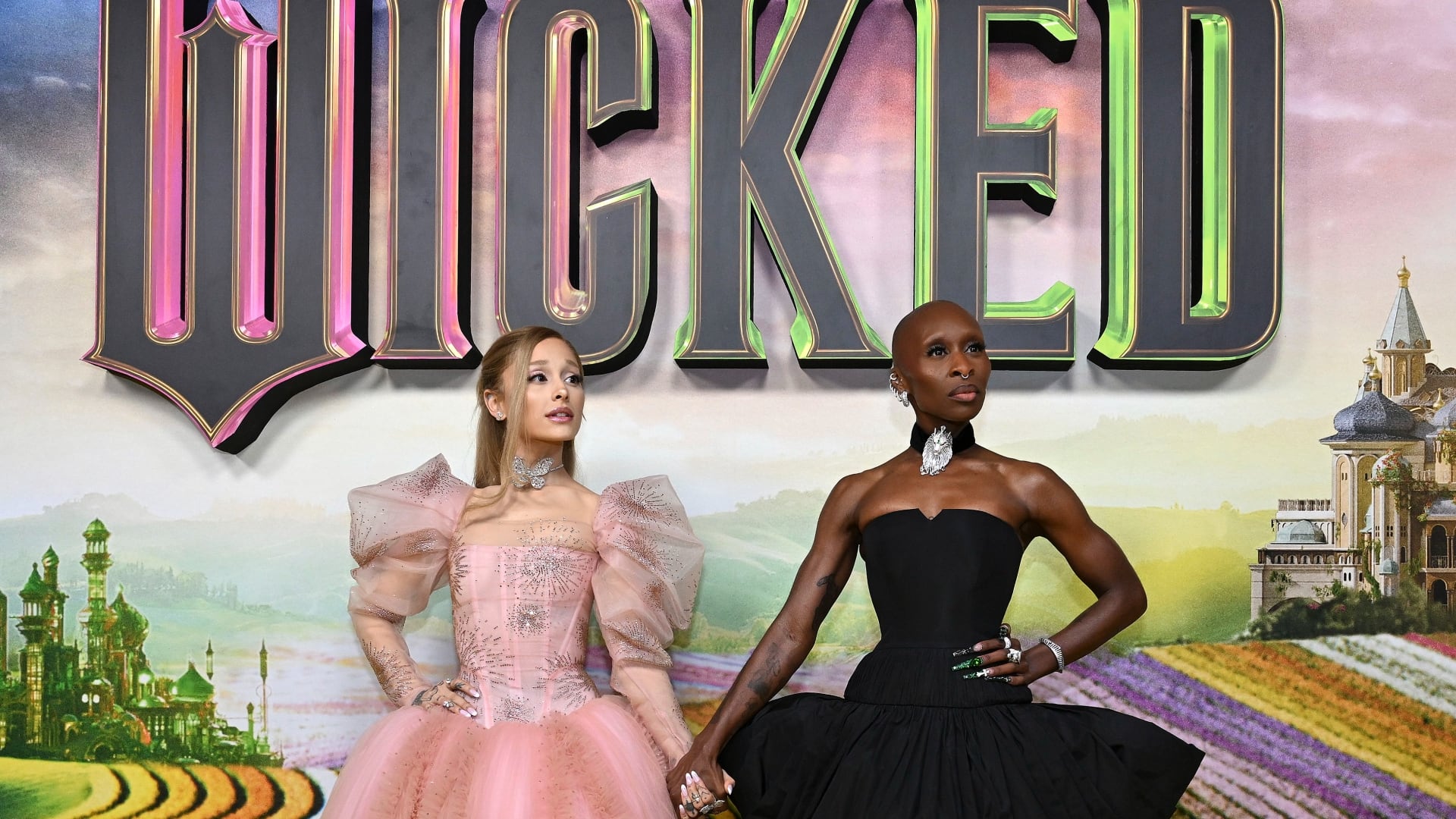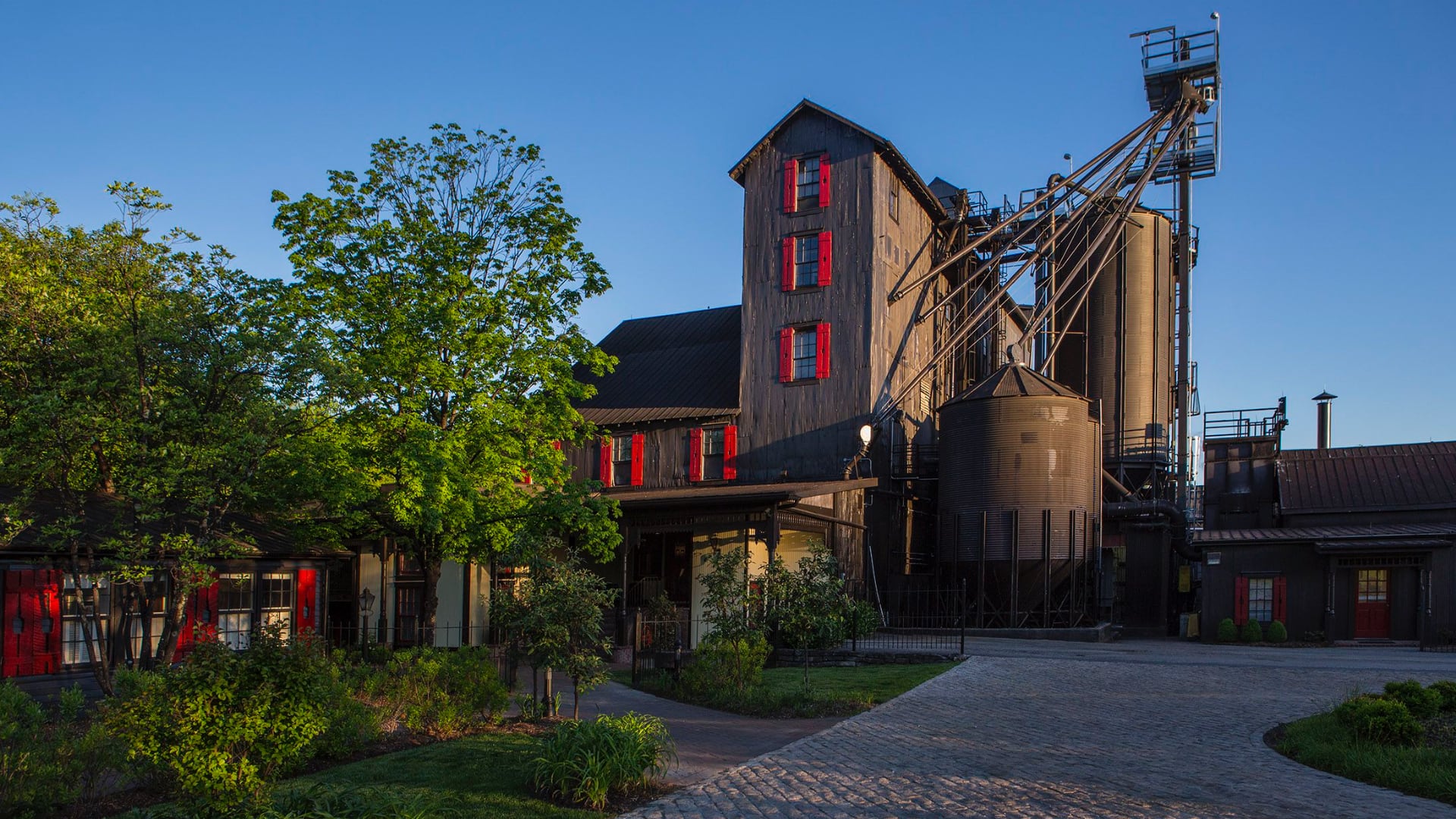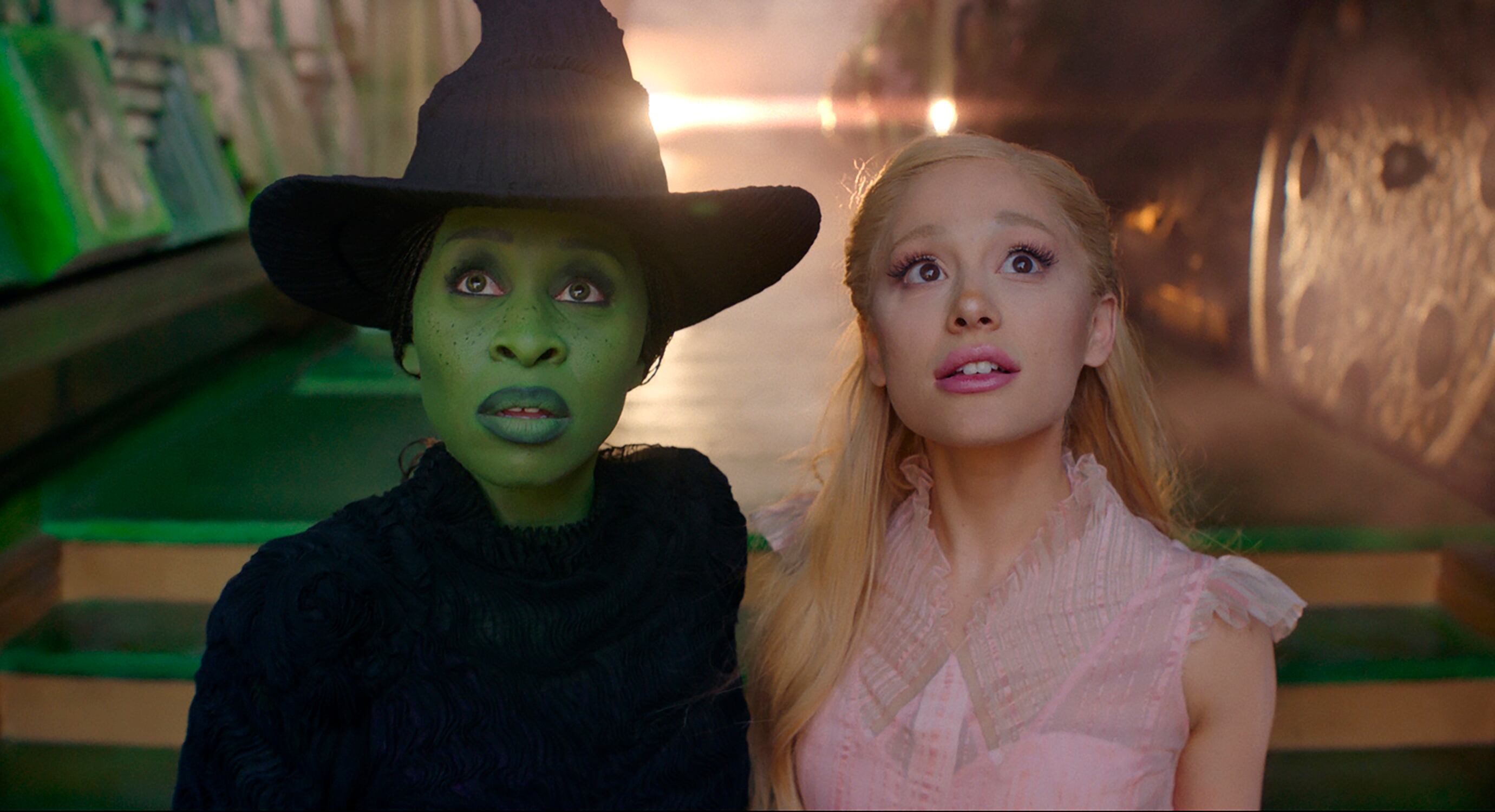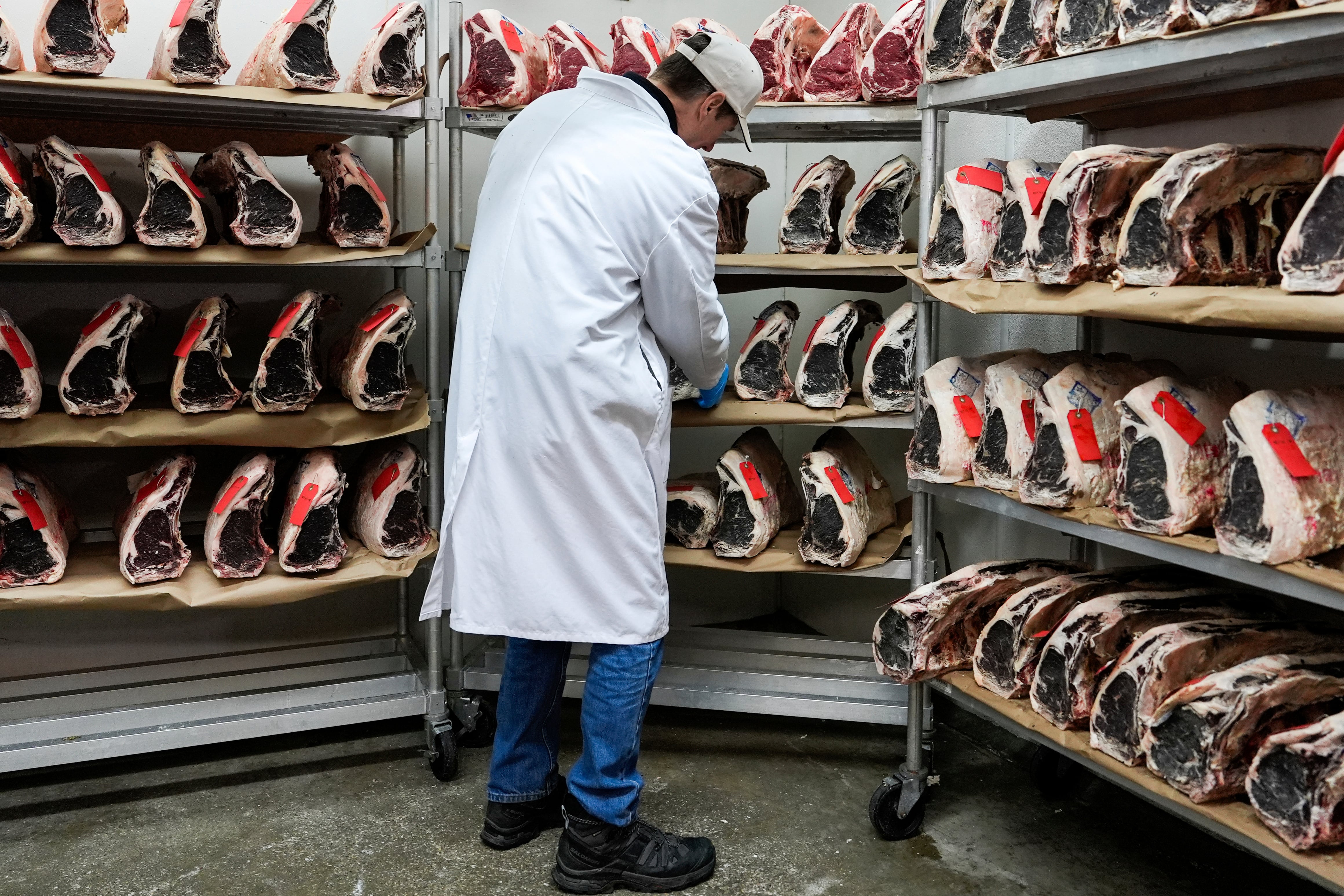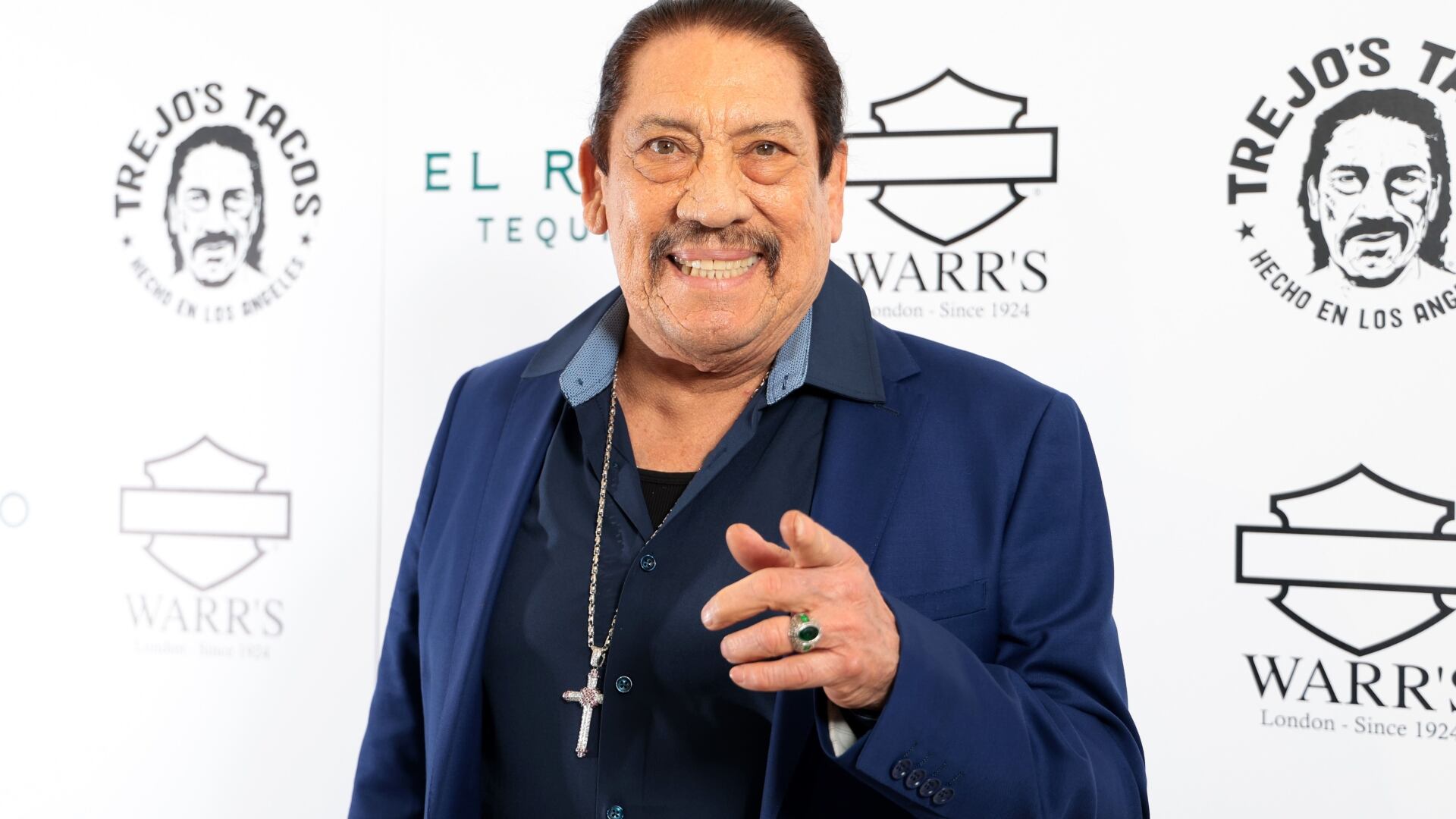Like nearly everyone in the world, Marie Sophie Pettersson wakes everyday and gets ready for work. Her 9-to-5, however, is anything but typical.
Pettersson works as a humanitarian aid worker at a refugee camp in Cox's Bazar, Bangladesh where she supports the thousands of Rohingya refugees — most of whom are women and children — who have fled violence in neighboring Myanmar.
Pettersson was also one of 24 women aid workers that were honored by the United Nations on World Humanitarian Day, which marked its 10th anniversary on Monday.
"From supporting civilians caught up in crisis to addressing disease outbreaks, women humanitarians are on the front lines," UN Secretary-General António Guterres said.
The global organization chose to honor women this year because of the vital role they play in emergency situations, and the increasing risk female aid workers put themselves in to help others. The UN's campaign includes women whose humanitarian work ranges from building safe shelters for asylum seekers in Brazil to keeping children in school in war-torn Yemen.
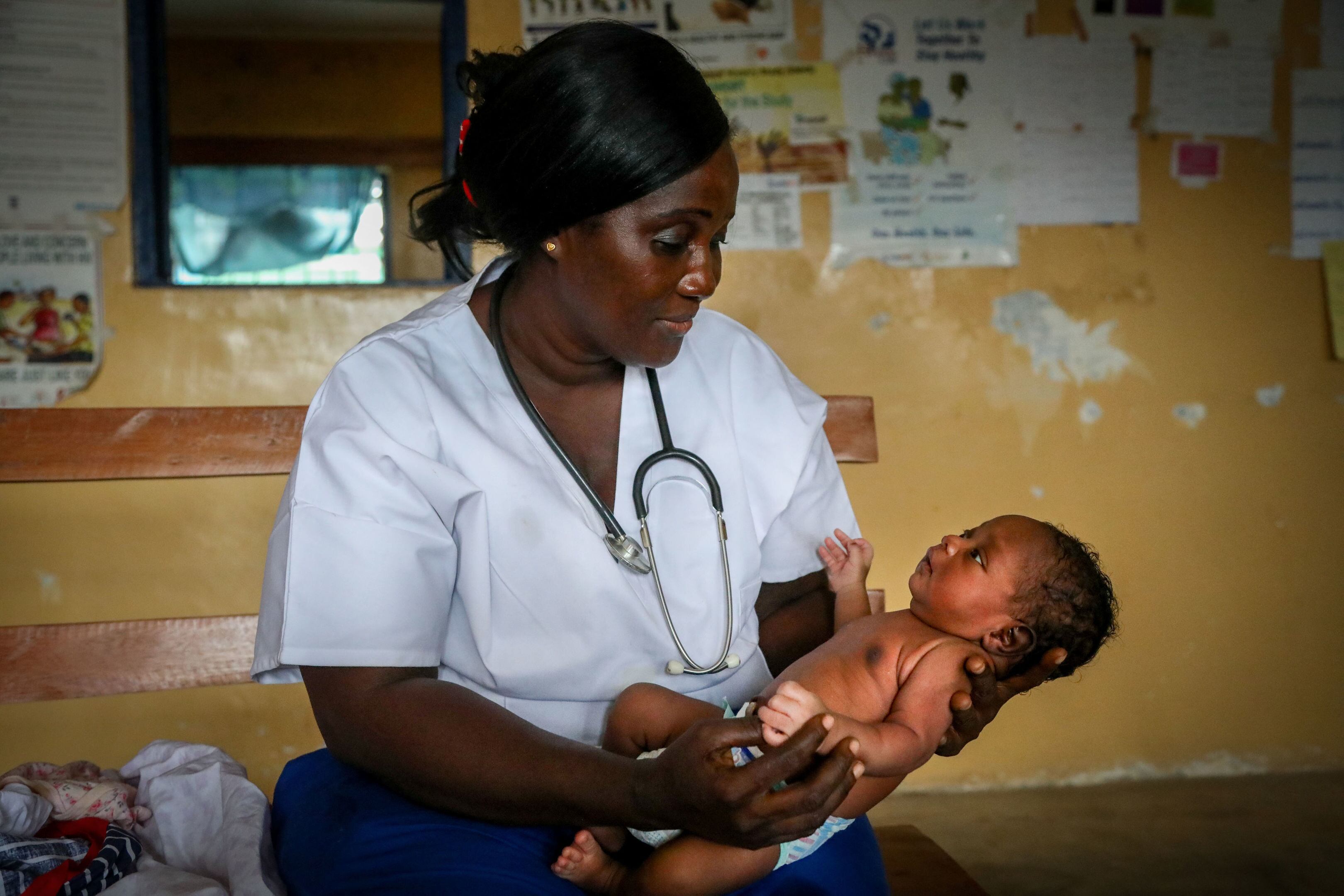
One of the women, Alice Sumo, is a midwife in Liberia and has worked for years to provide safe delivery spaces and increased access to maternal health. In just one town were Sumo worked, more than 800 children are named Alice in her honor.
Two other women, Gintarė Eidimtaité and Stefania Trassari, work for the UN's Disaster Assessment and Coordination agency and were deployed to fight Ebola in West Africa — a disease that has infected over 28,000 people and killed 11,325 across Guinea, Liberia, and Sierra Leone.
"With Ebola, it felt like it was this dragon with different heads, and as soon as you cut one of them off and solved one problem, another one appeared," Eidimtaité said.
Women currently make up roughly 40 percent of the total humanitarian workforce, the UN said, with 250,000 workers worldwide.
"[Women's] work is particularly important in those places and conflicts where women and children are disproportionately affected, whether through losing their homes or families, or facing the threat and reality of sexual violence," the International Committee of the Red Cross said in a statement. "Women humanitarians provide vital access to these people and communities."
World Humanitarian Day was first celebrated in 2009 and is commemorated each year in honor of 22 aid workers that were killed in the August 19, 2003 bombing of a hotel in Baghdad. The victims included Sergio Vieira de Mello, who at the time was serving as the UN's Special Representative for Iraq.
Since 2003, the UN estimates that a total of over 4,500 aid workers have been killed, injured, detained, assaulted, or kidnapped while conducting their work. Just last year, 120 humanitarians were killed globally.
In his statement, Guterres added that women are essential to aid work since their presence allows humanitarian groups to broaden their reach and improves the response to gender-based violence, which habitually increases during crises.
"I am a feminist and a humanitarian. I cannot be one without the other," Pettersson said.
Monday's campaign was also lauded by Pope Francis, who honored "all the brave women who go out to meet their brothers and sisters in difficulty" in a tweet. "Each of them is a sign of God's closeness and compassion," Francis added.
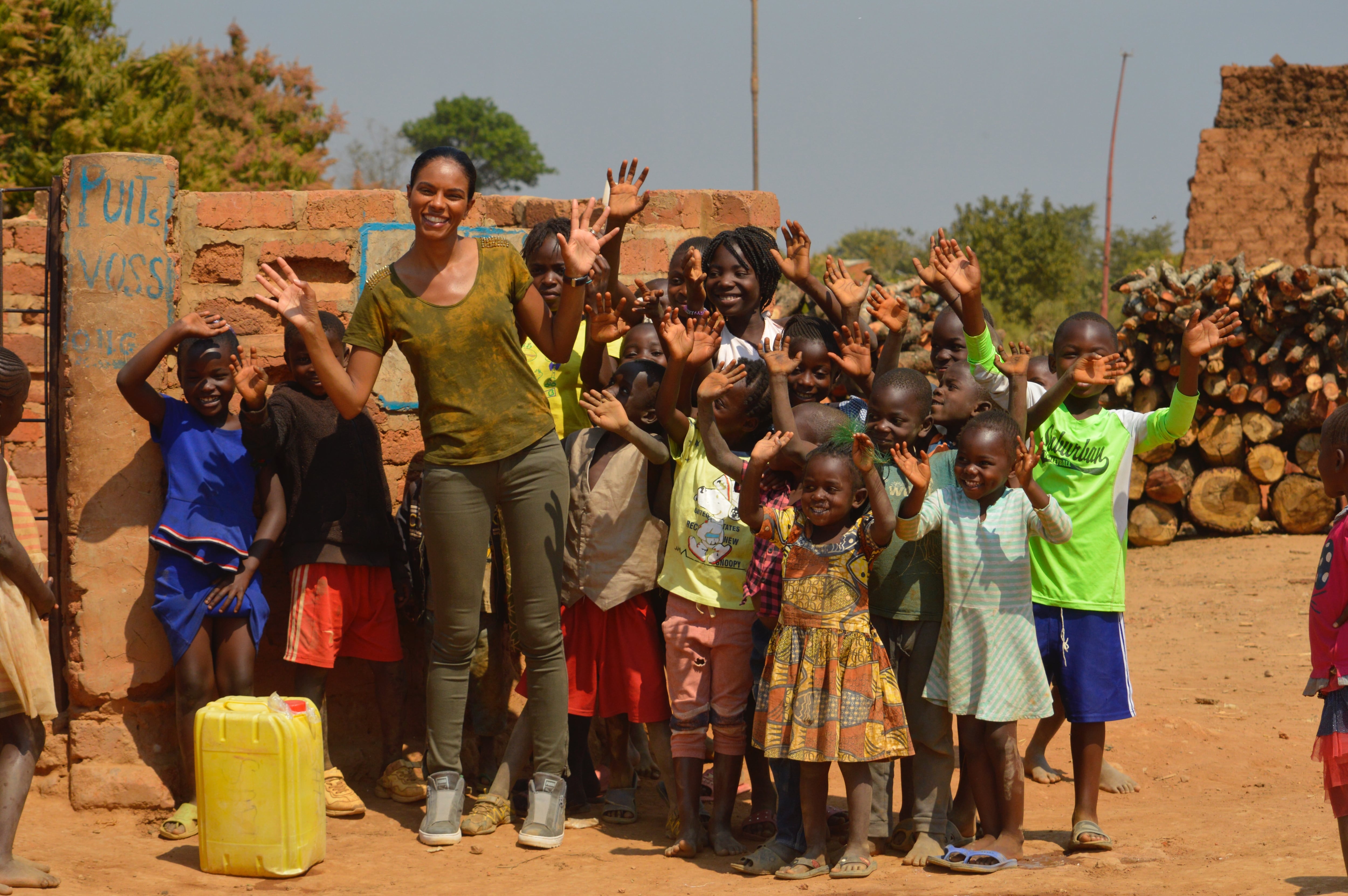
The UN also spotlighted an aid worker in the Philippines, Ana Ria Barrera, for her work at the Philippine Disaster Risk Reduction Network. Barrera has led response operations to major natural disasters including the 2013 Super Typhoon Yolanda, which killed over 6,000 people and was one of the strongest tropical storms ever recorded.
"I always remind my team that from the start of everything that we do, we should be inclusive and have clear gender objectives," Barrera said. "Women are everywhere and they have huge roles to play, especially during rapid needs assessments in responses."
Another of the featured women, Noëlla Coursaris Musunka, works in the Democratic Republic of the Congo. In 2007, Musunka founded an all-girls school that operates a community center and a network of wells that provide clean water to nearby neighborhoods, servicing over 30,000 people.
"I continue to be inspired by the women humanitarians I meet. From the phenomenal women deminers in Afghanistan to the exceptional women working with survivors of violence in the Sahel," said Amina Mohammed, the UN's deputy secretary-general.
The U.S. Agency for International Development (USAID) also marked World Humanitarian Day by featuring several women that make up its humanitarian staff, which the organization said is over half female.
"A woman's unique life experiences in some aspects can be key to improving programs, and quickly understanding the life context of vulnerable people," said Jacqueline Montoya, a USAID disaster risk management specialist.




